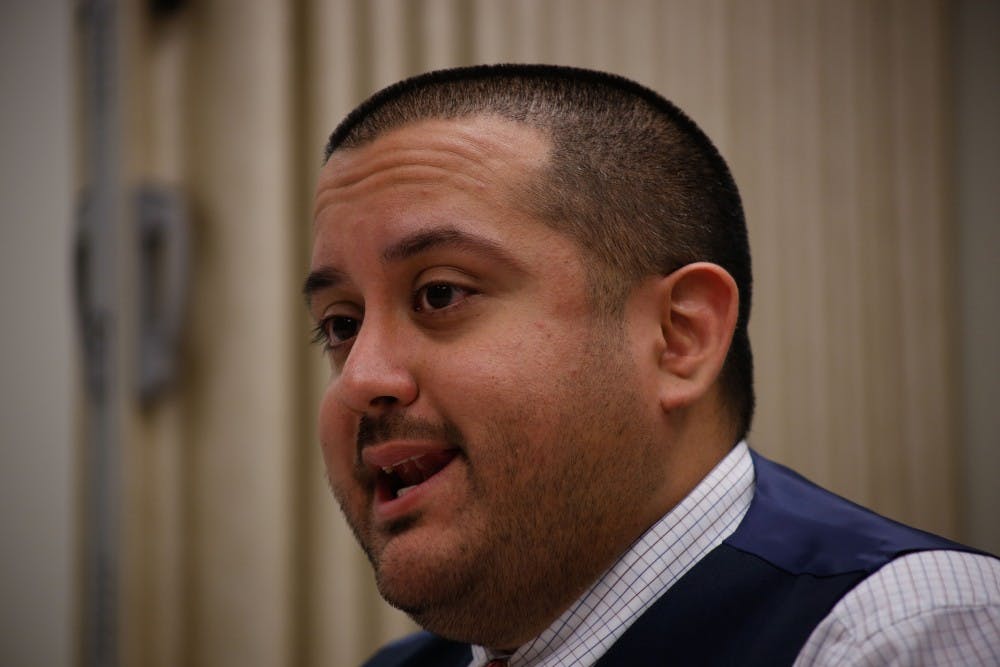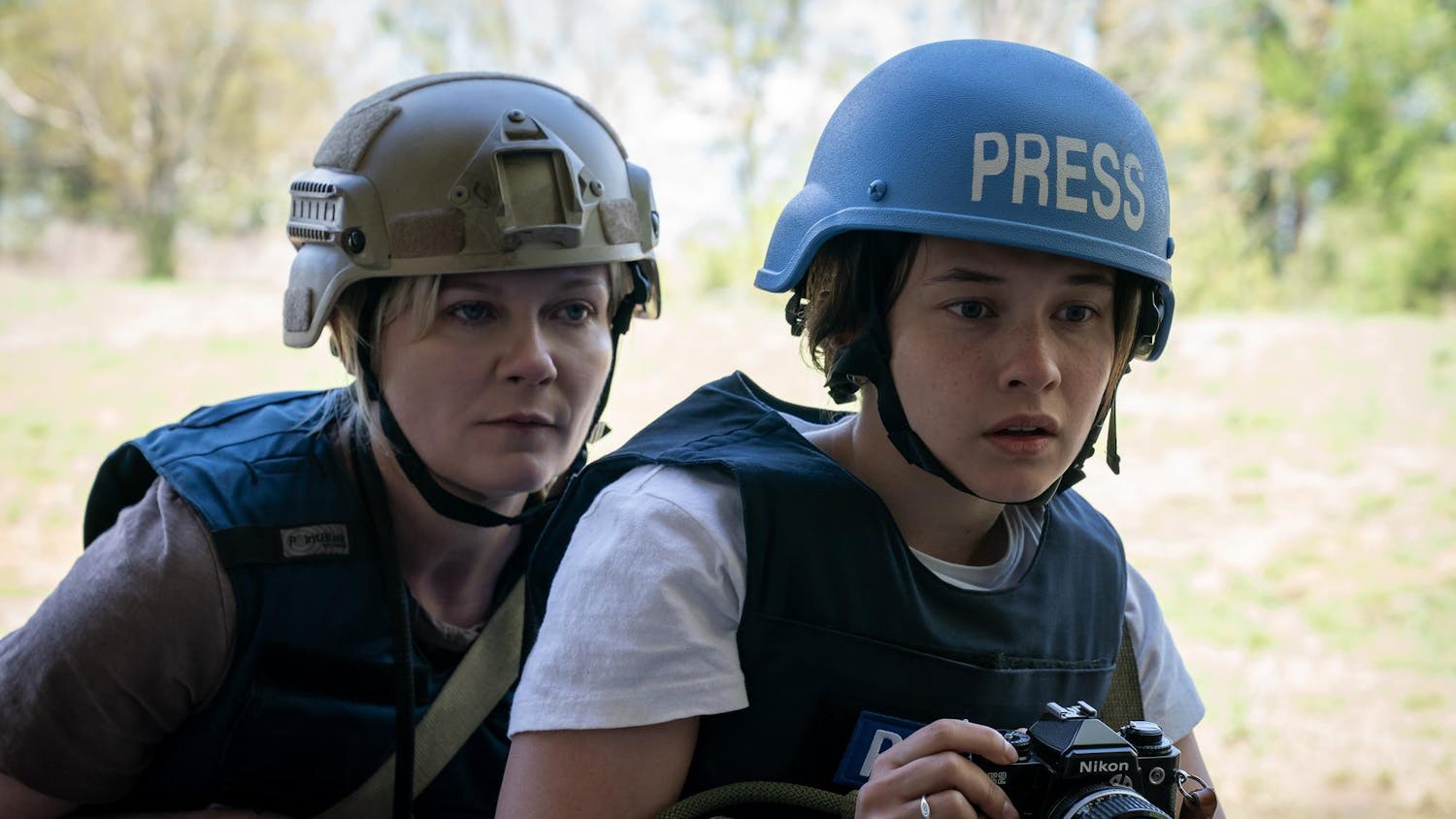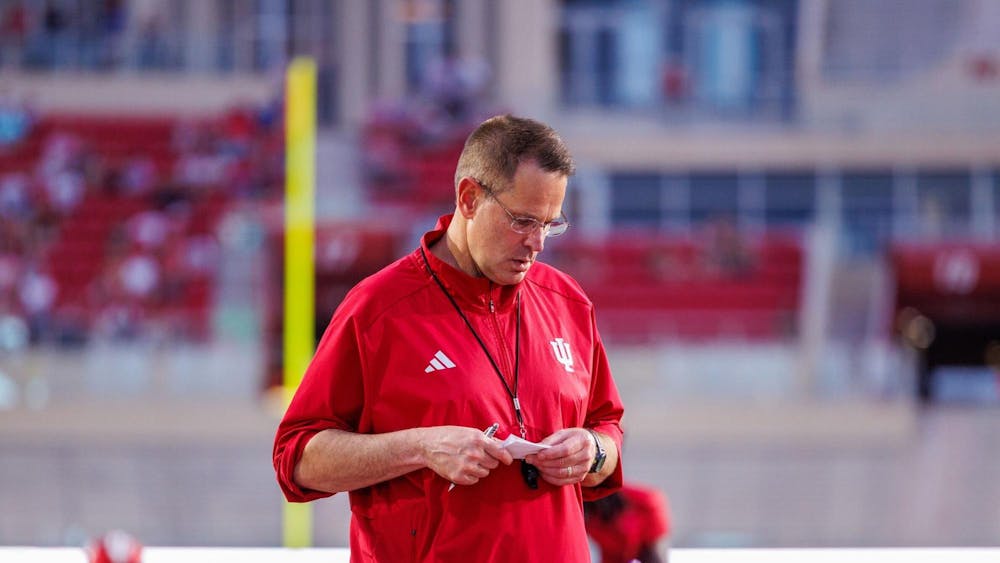Sexual assault survivor Lauren Devereux said many students don’t trust the services offered to victims and they’re too afraid to approach someone for help.
She said this problem will only worsen with the sexual assault accusation against Jason Casares, associate dean of students and deputy Title IX coordinator.
“If I were going through the process now, I would feel unsafe to approach the Office of Student Ethics,” Devereux said. “It’s almost as though the assailant is sitting on your panel when you’re trying to get help to escape what he did to you.”
When senior Rachel Haddad was sexually assaulted, she said she was also initially hesitant to seek help from the University.
After hearing about the alleged sexual assault by Jason Casares, who oversaw a portion of her case, Haddad said she would have felt even less inclined to seek guidance if this had happened earlier.
Casares was in charge of Haddad’s appeals hearing. He was recently placed on paid administrative leave after being accused of sexual assault by Jill Creighton, an assistant director for global community standards at New York University.
“We are taking an independent look at all the sexual misconduct cases for this academic year that have gone to the disciplinary hearing panel that Jason Casares chaired just to ensure that they were handled appropriately,” IU spokesperson Mark Land said.
Although Land said he couldn’t offer specifics on the reviews, he estimated the number of cases under review falls between 15 and 20 investigations.
Haddad said she feels the Casares case is not the only problem students should worry about. She said the campus should do a better job of making its services accessible and work to change the culture on campus surrounding sexual assault.
“I went to the Sexual Assault Crisis Service because I was traumatized,” Haddad said. “The lady who spoke to me told me about the hearings done by the Office of Student Ethics, which I hadn’t heard about before, and I filed for one before Christmas break.”
Although there was no police evidence, Haddad was told she could still go through the hearings process and receive help. She approached the Student Advocates Office, which connects individuals with support services, confidential advocates and a step-by-step guiding process through the IU judicial system.
“I felt like I was treated respectfully throughout the process and that the officers helping me were concerned about my well-being,” Haddad said. “Going through the trial was an ordeal, however.”
Before a date was set, Haddad provided every detail of the occurrence in paper format and confronted her assailant until he agreed to share his side of the story. The trial took place on a weekend, and it took the entire day.
Haddad’s assailant was found guilty, and he filed to go through the appeals process. The original findings of the trial were upheld, and he was put on a year’s suspension from the University.
“It was quicker than the original trial, but it was almost more stressful,” Haddad said. “I know they needed to be thorough, but it was frustrating to hear them ask about intimate details multiple times. What was the point of bringing up the same sensitive detail to me six times?”
As a member of greek life and a female student at IU, one of the main reasons she said she didn’t approach someone sooner was because she was afraid of being judged.
“These girls who ask for help are human. They’re not just dumb sluts,” Haddad said. “You don’t understand how much they go through when they go to therapy, go through these trials and receive so much backlash for supposedly being selfish and desperate for attention.”
Devereux, a recent IU graduate, went through a similar situation with her sexual assault case, but she said she chose not to attend the hearings.
“I wrote a long statement that was read at the panel that detailed what I went through the night I was violated,” Devereux said. “Even though I didn’t go, a lot of my friends went as witnesses, and they left the hearing in tears.”
Devereux said she didn’t have many problems with the Office of Student Ethics throughout her case because the investigation was both neutral and respectful.
She said her faith in the system was damaged by how they treated her friends.
“I heard from two or three of my friends that they spoke to them in an accusatory manner during the hearings,” Devereux said. “They were harshly interrogated, and were treated as though they were guilty, which is a serious problem in my eyes.”
Devereux said the problematic culture of sexual assault on campus, combined with recent administrative issues, may only worsen these sentiments.
“If these allegations are true, it makes me even more wary of our campus’s efforts to fight sexual assault,” Haddad said. “You would think he’s one of the good guys, but this would make the office lose so much credibility.”






